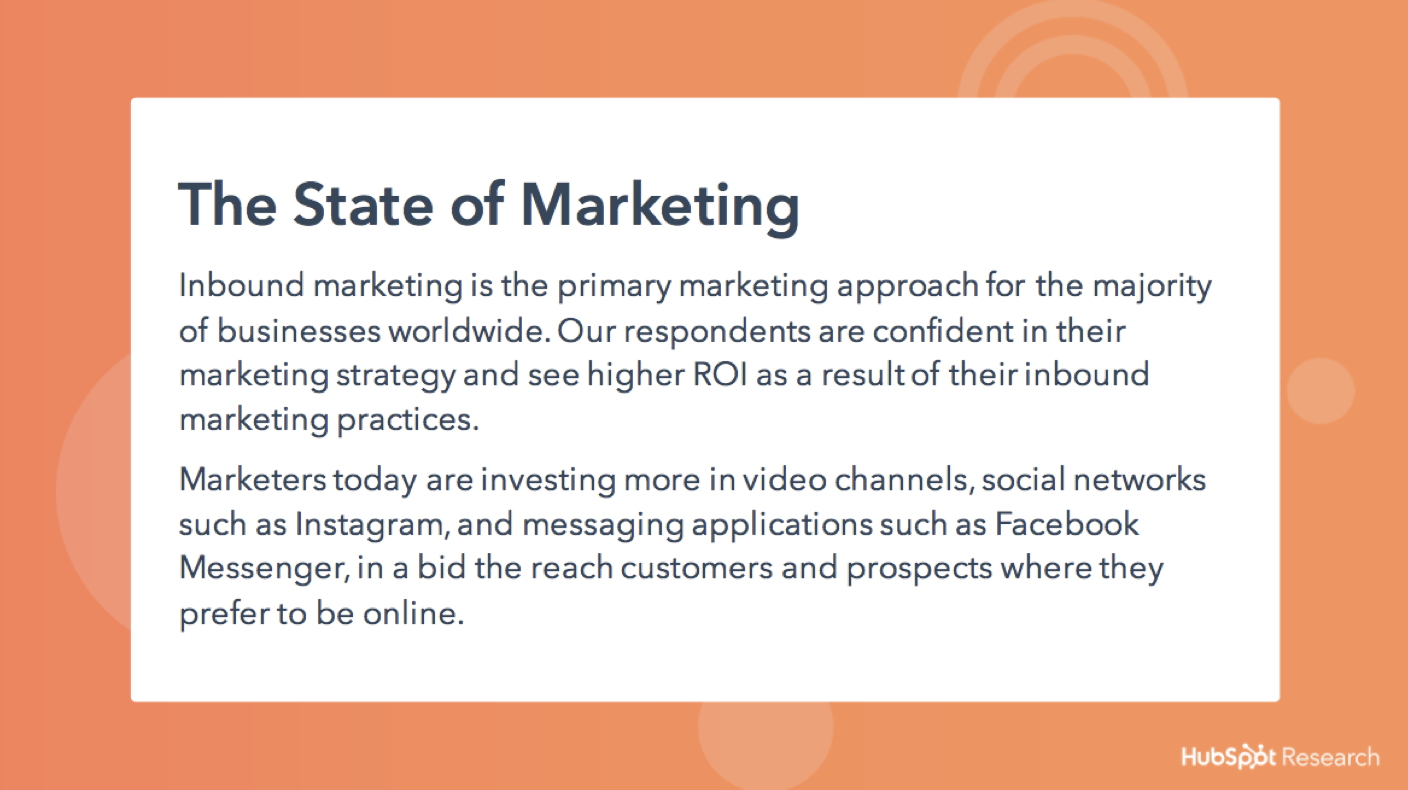
Social media has changed the marketing environment in ways that traditional marketers could have never imagined just a decade ago. It has rapidly provided a mechanism to communicate on a one-to-one level, allowing marketers to tailor specific messages and content towards a fine-tuned segment of customers, whether they are business-to- consumer (B2C), business-to-business (B2B), or even business-to-government (B2G). Multiple philosophies on best practices in this digital landscape have provided various methodologies for targeting these customers. During this time of change, these practices have led to the refinement of digital services, including behavioral advertising, search engine optimization, pay per click, content marketing, social media marketing, and organic inbound marketing, among specialized others. In fact, digital agencies today are for the most part narrowly niched providing only few services to a couple of distinct target segments. Hence, when a professor considers the opportunity to teach in the digital arena, the coverage of topics and the timeliness of content seem extremely daunting. The question that lay before academics is, how do we teach these tactics in a way that stays both timely and applicable?
The answer to this question is tactically impossible, but strategically manageable. In other words, the focus of any pedagogy in this arena is to not teach all the tactical operations of digital marketing, but teach the sustainable strategies. Teaching only tactics would be impossible due to the rapidly changing nature of the digital marketing toolset. Google and Facebook change their algorithms considerably often. Additionally, new platforms like Snapchat spring up quickly due to innovative platform design. If we tried to teach these tactics in a textbook format, then by the time the textbook would be published, the content would be out of date. This truth is also what keeps most academics from wanting to teach a digital marketing class.
The same challenges still exist if a professor were to try to teach this class tactically. However, the pedagogy presented within this platform is different. It stresses the strategic principles of marketing, and more directly, pull marketing. The intent is to use the foundation knowledge from the last seventy-five years to build upon marketing principles that will teach students how to approach digital marketing strategically, teaching them a new theoretical model, known here at The Social Media Magnet. With this theory as their conceptual orientating framework, sound digital marketing strategies can be taught and learned. Of course, there will be some tactical discussion alongside the implementation of the theory; however, we present teaching the tactics around a live practicum that we believe is essential to the learning process of this paradigm. This live practicum will allow students to dive into the tactical application of the marketing principles they are learning in the class at the strategic level. It is here at this practical level that students will achieve the hands-on experience of the current tactics, which will change from semester-to-semester, allowing them to build their tactical toolkits, while simultaneously allowing them to build their critical thinking skills around the strategic principles that have and will continue to govern the process of marketing.
Finally, since students are most often on a restrictive personal budget and because current statistics indicate the increasing usefulness of pull marketing campaigns, The Social Media Magnet is taught completely from an inbound, organic perspective. In fact, seventy-four percent of businesses surveyed in the most recent 2018 State of Inbound Report (HubSpot) claim to be using these approaches today. The economic return and ability to analytically track the invested return on these organic campaigns, as well as the demonetized value of these learning opportunities for college students, makes this the optimal segment to teach inbound principles as a knowledge foundation.
Lastly, we argue that not only is this true for college students, but also any company or business campaign. This orientation of choice is in no way critical of digital agencies or their ability to assist companies in their paid digital marketing efforts, but our contention is that if companies had the resources to deploy these strategic principles internally, then digital agencies assistance with paid digital marketing efforts would be unwarranted. However, as is the case with many small and growing firms, an emphasis has been put more on the immediacy of assistance through agency help, rather than building a digital department from within the company. And while agencies will continue to assist many companies in the future, our hope is that by training college students around these pedagogies, they will be equipped to immediately step in and help companies increase their own brand awareness and ROI by focusing both message and goals. Likewise, these skills will also create a stronger relationship with the paid digital spend with a future agency when the company is possibly ready to expand its budgets. Therefore, the goal of The Social Media Magnet is to educate a market of college students capable of directing and managing the overall brand, from brand story to social media deployment to analytical audit through a both a digital delivery system and live online practicum.

